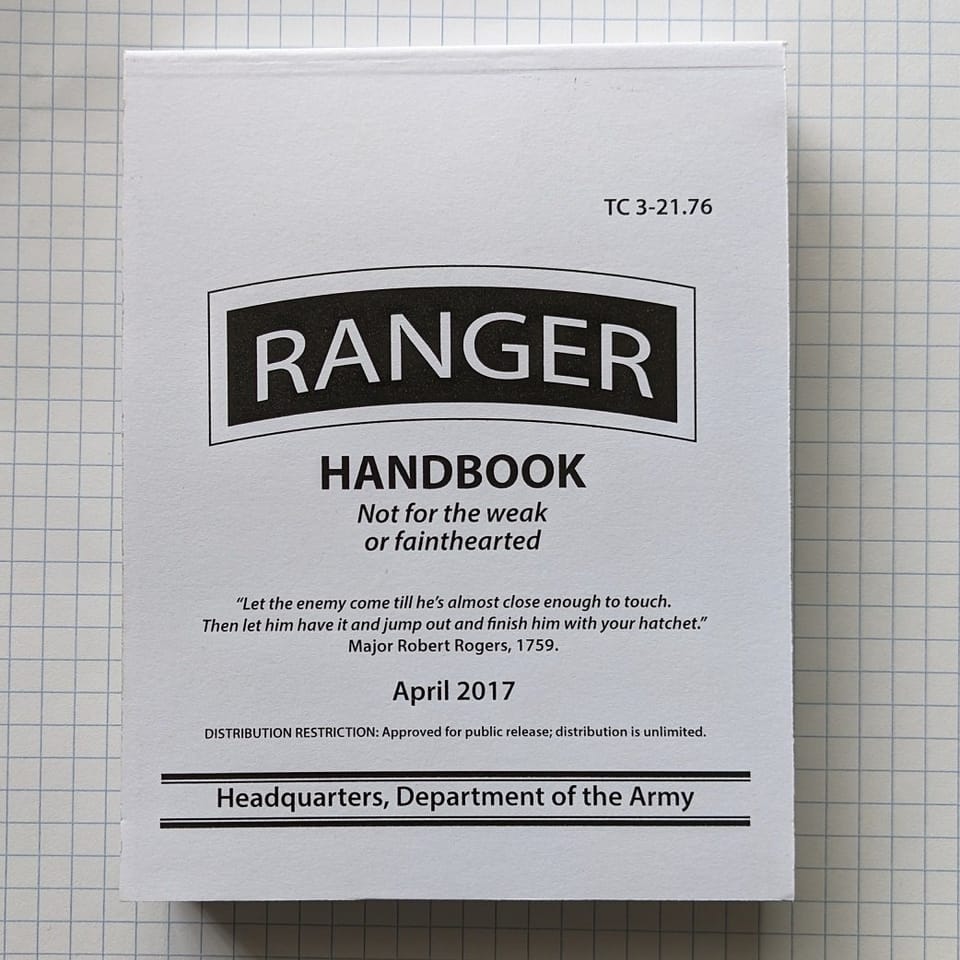Nail The Basics First

As a young Lieutenant in the U.S. Army I had a training experience with Special Forces that taught me a great lesson.
At the time I was posted to Fort Stewart and was tasked with running a training site for Village Stability Ops teams. In this model, a squad of regular Army troops would team with an ODA detachment ("Green Berets") to be assigned to little villages in Afghanistan. Rather than big troops concentrated in big bases, U.S. forces would split up into smaller teams to cover more villages and cooperate more intimately with local authorities. This strategy, developed from the relatively successful historical experience of British forces in Malaya, found initial success in pilot programs, and Army brass in Afghanistan was ready to deploy the model at scale.
My role in the training program was to run a simulated Afghan village at Fort Stewart Georgia. I would direct the opposing force and work with Special Forces operators to train the regular Army squads that would cycle through my training site for one-week rotations. Later on these squads would go to the National Training Center in California for a more extensive training session, but my site would their first introduction to the VSO concept.
Running this training site was some of the most fun I've ever had in the Army. Alongside my cadre who I worked with, we aimed for as much realism as possible. It was a grand theater with guns, blank ammunition, and helicopters buzzing overhead. Our soldiers who played the part of the Afghan villagers were trained to emulate the patterns of village life. Our village elder met with squad leaders for many conferences over chai where village needs and dubious intelligence was discussed late into the night. We broadcast calls to prayer (the Adhan) several times per day. We had a force to represent Afghan local police who would stop for lunch in the middle of patrol. The opposing force made probing attacks at all hours of the day and night, and our trainee troops learned to run patrols and build familiarity/ gain control of the local terrain. Several veterans of Aghanistan later told me they had moments where they had forgotten they weren't in Afghanistan.
Through it all my ODA counterpart kept a copy of the Ranger Handbook. He would reference it frequently, unrolling it from a hiker's waterproof bag he kept in his cargo pocket to illustrate infantry tactics to our trainees. This is the point that impressed me the most about the Special Forces guys I worked with. I'll explain why.
The Ranger Handbook is the primary basic tactical playbook for soldiers. It's a manual for running patrols, conducting a small-scale attack, and maneuvering through hostile terrain. It's freely available to the public and nothing it contains is especially revolutionary. With the exception of some new sections on urban warfare it's exactly the same as the version that was used in Vietnam. It's a collection of time-tested tactics that have survived through the most demanding trials on earth. Just the basics.
It impressed me that Special Forces operators weren't using some special playbook. You might think that elite operators had reached a point where the basics were far behind them, where the basics were no longer relevant to them. Especially when Special Forces had a reputation for relaxing non-tactical standards in-country, like beards and equipment load outs. Not so in tactical matters. They were still very much a "by the book" organization.
That's when I realized that what separated elite operators from basic soldiers was a a more rigorous application of the basics. It's a lesson that's stuck with me through the years, and later in my career I was able to go to (and graduate) Ranger School and see first-hand just how true this idea could be. As described to us by an RI giving a midnight pep talk in the spitting rain on a windy hillside in Dahlonega: "The Ranger Way is just doing the basics perfectly. It's what the Army is supposed to be. Nothing more, nothing less."

Now I no longer train soldiers. I coach business leaders. After developing a strategic plan I always look to implementation, and that's where the business basics live. Most businesses can make substantial gains by defining their "basics" and putting systems in place to make sure they're handled reliably. Businesses vary greatly, but customer experience, product value, and consistent delivery are always value generating basics. These basics can be standardized with process documentation, training, and checklists (among other tools).
Every business should have a "Ranger Handbook" (now more often it's a digital collection) that empowers their team to perform like world-class operators. For new businesses (startups), or businesses moving into the next phase of growth, these playbooks build certainty and reliability into the growth process. When set up well these tools aren't restrictions that slow you down, they're railroad tracks that let you go further and faster than you could before.